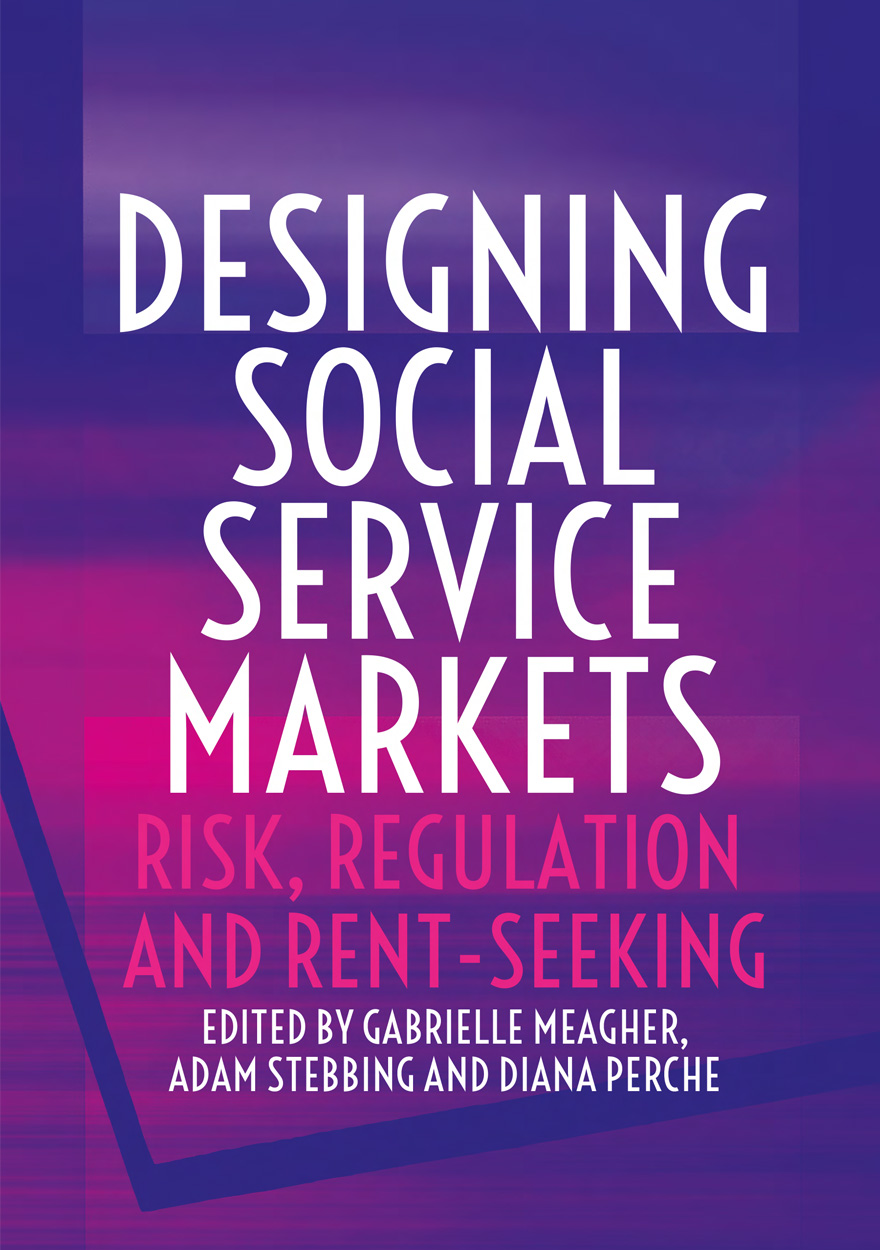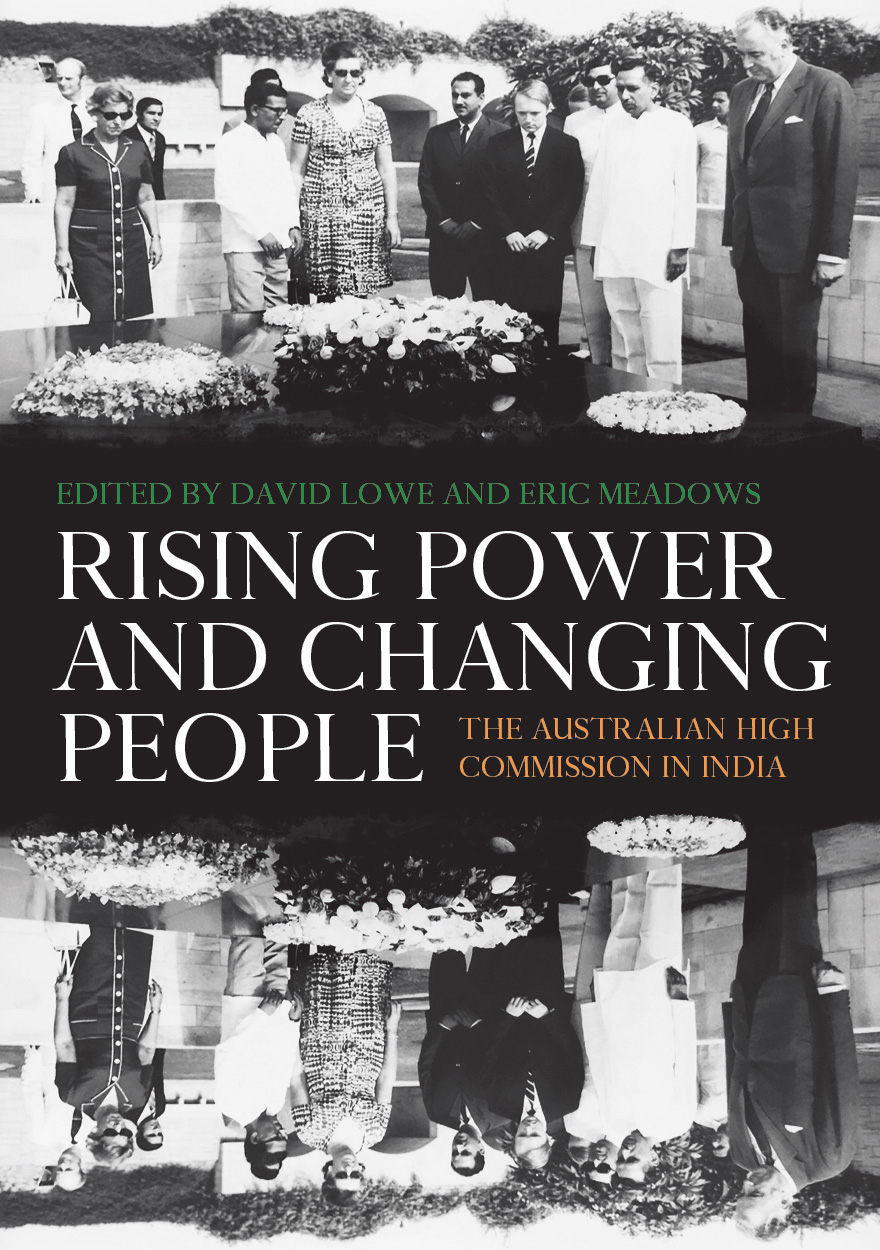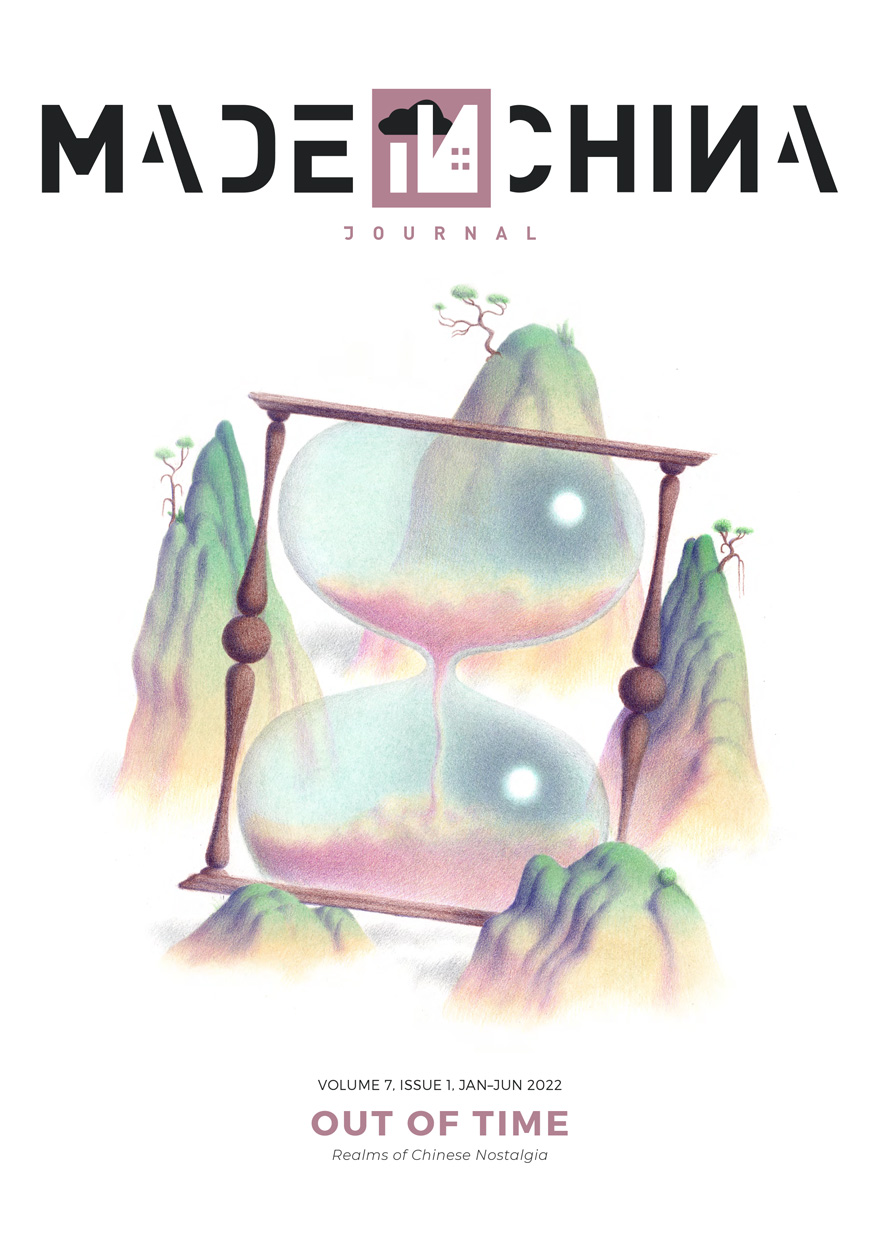Search titles
Displaying results 71 to 80 of 848.

East Asia Forum Quarterly: Volume 14, Number 4, 2022 »
Publication date: December 2022
Southeast Asian nations have long understood that effective national security goes well beyond military preparedness, encompassing a variety of ‘non-traditional’ security issues. This idea is at the heart of political cooperation within ASEAN and competes with traditional notions of regional security in East Asia. But the vocabulary that has developed in the face of growing geopolitical tensions—decoupling, dual circulation, friendshoring, ‘strategic’ supply chains, securitisation—suggests that the big powers are working towards their own notion of comprehensive security.
Contributors to this issue of East Asia Forum Quarterly recognise that comprehensive regional security—an approach that embraces economic, environmental and energy security as well as military interests and considers how they are secured within today’s economically interdependent and politically cooperative regional system—can only be secured collectively: one country’s resilience to climate change, or its access to free and well-served markets for energy and food, cannot come at the expense of others.
Download for free
Not available for purchase

China’s Transition to a New Phase of Development »
Edited by: Ligang Song, Yixiao Zhou
Publication date: November 2022
The Chinese economy is currently undergoing fundamental changes. In this context, the 2022 China Update examines the key characteristics of China’s transition towards a new phase of economic growth and development. This year’s update book covers a range of diverse topics that reflect the complex and changing nature of the economy. It explores critical questions: Why does China need a new development paradigm, and what is the best way to achieve it? What are China’s choices when faced with the restructuring of global industrial value chains? What key roles will domestic consumption play in the next phase of China’s development? What does the digital transformation mean for the Chinese economy? What has been the domestic impact of the Covid-19 pandemic on income inequality and labour market outcomes? What pathways exist for China in its transition towards carbon neutrality? How does China’s emissions-trading market compare with that of Europe? How will China’s carbon neutrality strategy affect the Australian economy? What are the political factors influencing bilateral trade flows between China and its trading partners? And what is at stake for China–US relations?

Vietnam Task »
The 5th Battalion, The Royal Australian Regiment, 1966–67
Authored by: Robert O’Neill
Publication date: November 2022
On 24 May 1966, eight hundred men of the 5th Battalion, The Royal Australian Regiment, landed at Nui Dat, in Viet Cong territory. For the next 12 months they were faced with the task of restoring peace, civil law and regular commerce to the Vietnamese of Phuoc Tuy province. This book is a detailed record of those months in the monsoon jungles—of the problems that were faced and the solutions that were found.
Captain O’Neill’s position as battalion intelligence officer enabled him to view the war from the standpoint of the battalion as a whole. However, he does not omit description of personal feelings—towards the Viet Cong, the jungle environment and the Vietnamese people, as well as the other Allied forces involved in the war.
Most of the book was written on the spot in Vietnam. On operations or at Battalion Headquarters, Captain O’Neill jotted down details of the war against the Viet Cong, putting the events of each day in order, often in the small hours of the following morning. Thus not only is this a factual account of the 5th Battalion’s activities over the year; it is also a vivid and compelling picture of the war in Vietnam from the soldier’s point of view.

Parliament: A Question of Management »
Authored by: V M (Val) Barrett
Publication date: October 2022
For centuries scholars and practitioners have studied parliament and its potential reform from an institutional perspective. Until now, few authors have addressed in depth the internal relationships among parliamentary actors, their competing beliefs and their influence on parliament’s effectiveness. Parliament is overwhelmingly an agonistic institution, and competition for status, resources, influence and control has pervaded its administration and impeded reform.
Parliaments appear to struggle with the concept of institutional management. The doctrine of exclusive cognisance or sole jurisdiction implies that parliament, and only parliament, should retain control of its internal business and processes. But why is parliament considered to be unique among public institutions, and why do parliaments appear to resist or even defy attempts to manage them more effectively?
At a time when the public is losing confidence in governments, politics and political institutions, parliament’s role as a broker of ideas and a forum for deliberative policymaking is under threat. In an institution where no one has overall authority and direction, staying relevant and managing public expectations present major challenges for its members and administrators.
This book examines parliamentary management in the national parliaments of Australia and the United Kingdom. Without claiming to be a ‘how to’ book, it attempts to provide a relatable account of how parliamentary officials and members of parliament carry out their inherently complex roles and how they might be assisted by contemporary public management approaches.

Experiments with Marxism-Leninism in Cold War Southeast Asia »
Edited by: Matthew Galway, Marc H. Opper
Publication date: September 2022
One of the most contentious theatres of the global conflict between capitalism and communism was Southeast Asia. From the 1920s until the end of the Cold War, the region was racked by international and internal wars that claimed the lives of millions and fundamentally altered societies in the region for generations. Most of the 11 countries that compose Southeast Asia were host to the development of sizable communist parties that actively (and sometimes violently) contested for political power. These parties were the object of fierce repression by European colonial powers, post-independence governments and the United States. Southeast Asia communist parties were also the object of a great deal of analysis both during and after these conflicts.
This book brings together a host of expert scholars, many of whom are either Southeast Asia–based or from the countries under analysis, to present the most expansive and comprehensive study to date on ideological and practical experiments with Marxism-Leninism in Southeast Asia. The bulk of this edited volume presents the contents of these revolutionary ideologies on their own terms and their transformations in praxis by using primary source materials that are free of the preconceptions and distortions of counterinsurgent narratives. A unifying strength of this work is its focus on using primary sources in the original languages of the insurgents themselves.

Designing Social Service Markets »
Risk, Regulation and Rent-Seeking
Publication date: September 2022
Governments of both right and left have been introducing market logics and instruments into Australian social services in recent decades. Their stated goals include reducing costs, increasing service diversity and, in some sectors, empowering consumers. This collection presents a set of original case studies of marketisation in social services as diverse as family day care, refugee settlement, employment services in remote communities, disability support, residential aged care, housing and retirement incomes. Contributors examine how governments have designed these markets, how they work, and their outcomes, with a focus on how risks and benefits are distributed between governments, providers and service users. Their analyses show that inefficiency, low‑quality services and inequitable access are typical problems. Avoiding simplistic explanations that attribute these problems to either a few ‘bad apple’ service providers or an amorphous neoliberalism that is the sum of all negative developments in recent years, the collection demonstrates the diversity of market models and examines how specific market designs make social service provision susceptible to particular problems. The evidence presented in this collection suggests that Australian governments’ market-making policies have produced fragile and fragmented service systems, in which the risks of rent-seeking, resource leakage and regulatory capture are high. Yet the design of social service markets and their implementation are largely under political control. Consequently, if governments choose to work with market instruments, they need to do so differently, working with principles and practices that drive up both quality and equality.

Rising Power and Changing People »
The Australian High Commission in India
Edited by: David Lowe, Eric Meadows
Publication date: September 2022
Beginning in 1943–44, Australia’s relationship with India is its oldest continuous formal diplomatic relationship with any Asian country. The early diplomatic exchanges between Australia and India have teased for their suggestions of potential unrealised, for opportunities missed, especially when compared with the very recent excitement about the future of Australia–India relations. How did Australia’s representatives and their staff in New Delhi negotiate the many dimensions of Australia–India relations? This book brings together expert analyses of the work of the Australian High Commission, its key people and the challenges they faced in New Delhi.
The important India Economic Strategy to 2035 report handed to the Australian Government in mid-2018 begins with the comment: ‘Timing has always been a challenge in Australia’s relationship with India.’ As the Australian Government works to implement some of the ambitious recommendations in the report, this book adds to our understanding of why timing has been a challenge, and how those at the coalface of the relationship have grappled with it.

East Asia Forum Quarterly: Volume 14, Number 3, 2022 »
Publication date: September 2022
Japan ‘crossed the Rubicon’ after Russia’s invasion of Ukraine. Unlike eight years ago when Russia annexed Crimea, the Kishida government quickly implemented sanctions against Russia with other Western countries. Japanese people have generally stood behind the Kishida government’s foreign and security policy activism, yet uncertainties about Japan’s future remain. Can Japan confront ‘a three-front war’ against China, North Korea and Russia? How can Japan manage its relations with the United States and China amidst great power competition and a growing risk of military conflict? How can it cope with inflation, energy shortages, global warming and the crisis of the nuclear non-proliferation regime? Domestically, Japan has yet to escape from the impact of COVID-19. Maintaining international competitiveness in an era of ageing and shrinking population remains a top priority for Japan. The articles in this EAFQ examine the challenges and opportunities facing Japan and explore its future in an era of growing uncertainty.
Download for free
Not available for purchase

State and Society in Papua New Guinea, 2001–2021 »
Authored by: R.J. May
Publication date: August 2022
In a previous volume, State and Society in Papua New Guinea: The First Twenty-Five Years (2001, reprinted by ANU E Press in 2004), a collection of papers by the author published between 1971 and 2001 was put together to mark Papua New Guinea’s first 25 years as an independent state. This volume presents a collection of papers written between 2001 and 2021, which update the story of political and social development in Papua New Guinea in the first two decades of the twenty-first century.
The chapters cover a range of topics, from an evaluation of proposals for political reform in the early 2000s, a review of the discussion of ‘failing states’ in the island Pacific and the shift to limited preferential voting in 2007, to a detailed account of political developments from the move against Sir Michael Somare in 2011 to the election of Prime Minister Marape and his performance to 2022. There are also chapters on language policy, external and internal security, religious fundamentalism and national identity, and the sustainability of economic growth.

Made in China Journal: Volume 7, Issue 1, 2022 »
Publication date: August 2022
Cultural theorist Svetlana Boym famously distinguished two types of nostalgia: a restorative one that ‘manifests itself in total reconstructions of monuments of the past’; and a reflective one that ‘lingers on ruins, the patina of time and history, in the dreams of another place and another time’. But nostalgia is not necessarily only backward-looking. Rather, it can represent a feeling of longing for a future yet to be lost or even realised. For the historian Roxanne Panchasi, nostalgia may originate in the ways in which people anticipate and plan their lives around an expected future. This anticipated future, Panchasi intimates in her 2009 book Future Tense, ‘can tell us a great deal about the cultural preoccupations and political perspectives of the present doing the anticipating’. In these and other ways, nostalgia can actualise in cultural expression and performance within communities of nostalgia and as immersive environments that shine a light on past trauma to move closer to reconciliation. Contributors to this issue of the Made in China Journal explore the workings of nostalgia in people’s memories and spaces in China from a variety of perspectives to uncover how and why admirers of the Maoist and post-socialist eras express their longings for pasts real, imagined, and somewhere in between.
Download for free
Not available for purchase



